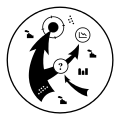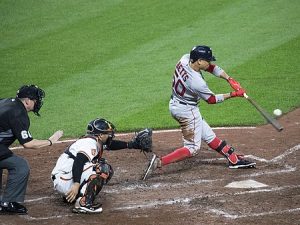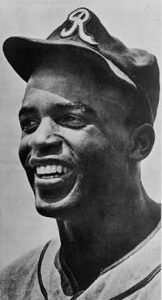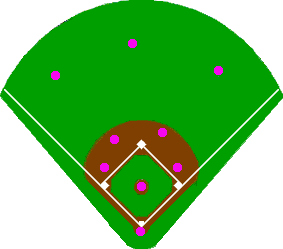Strategy
1 min read
Many of the pre-game and in-game strategic decisions in baseball revolve around a fundamental fact: in general, right-handed batters tend to be more successful against left-handed pitchers and, to an even greater degree, left-handed batters tend to be more successful against right-handed pitchers. A manager with several left-handed batters in the regular lineup, who knows the team will be facing a left-handed starting pitcher, may respond by starting one or more of the right-handed backups on the team’s roster. During the late innings of a game, as relief pitchers and pinch hitters are brought in, the opposing managers will often go back and forth trying to create favorable matchups with their substitutions. The manager of the fielding team trying to arrange same-handed pitcher-batter matchups and the manager of the batting team trying to arrange opposite-handed matchups. With a team that has the lead in the late innings, a manager may remove a starting position player—especially one whose turn at bat is not likely to come up again—for a more skillful fielder (known as a defensive substitution).







